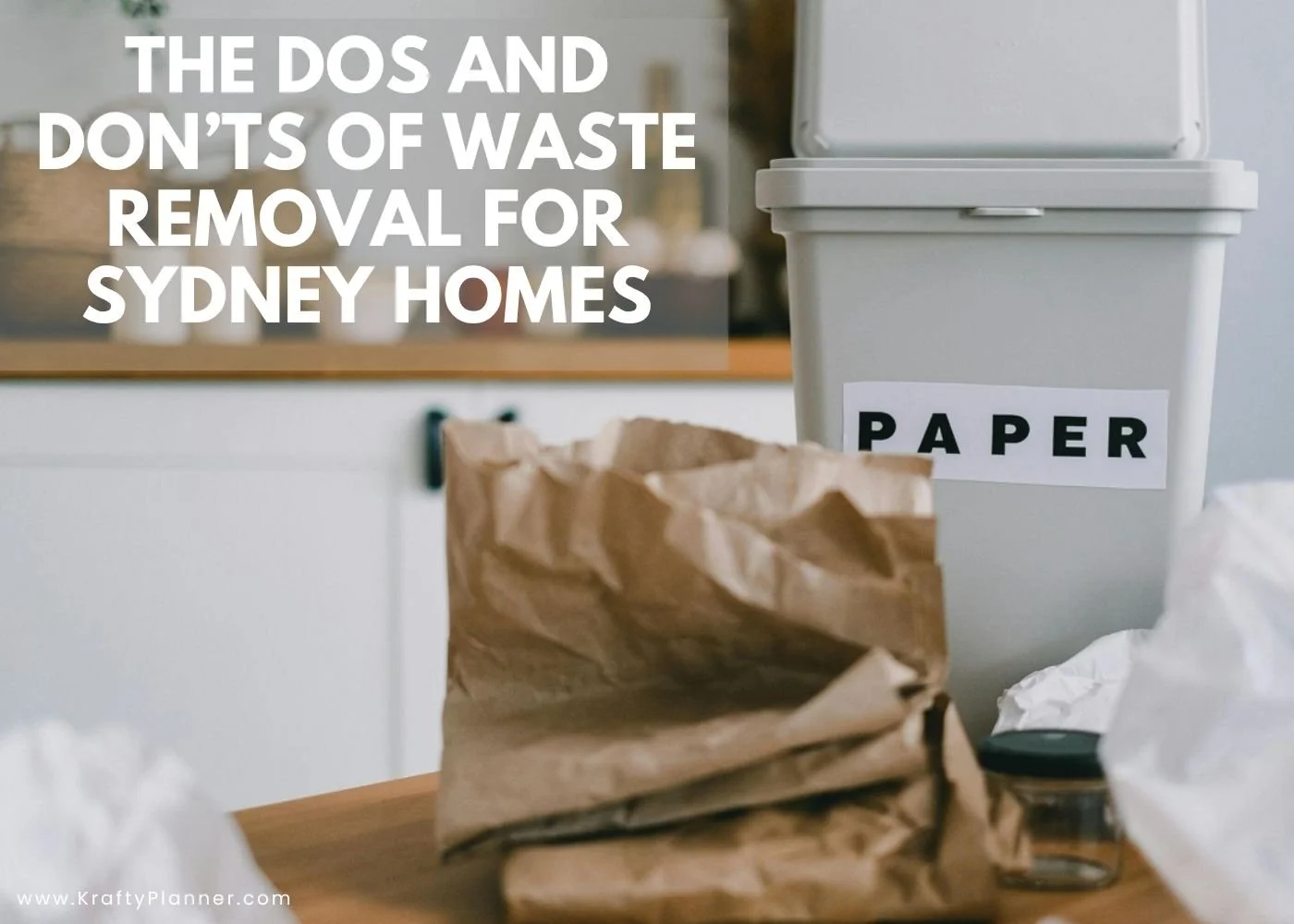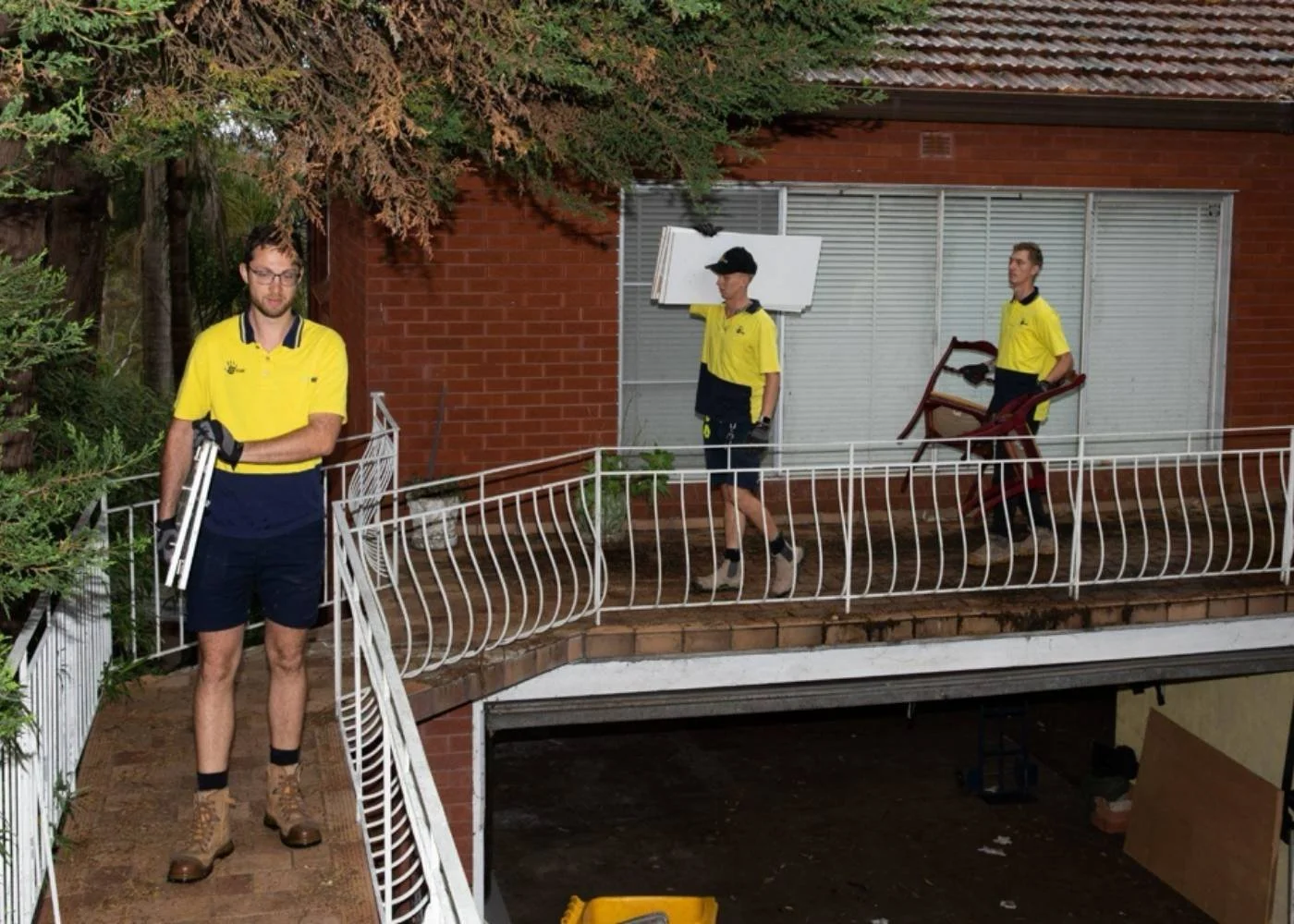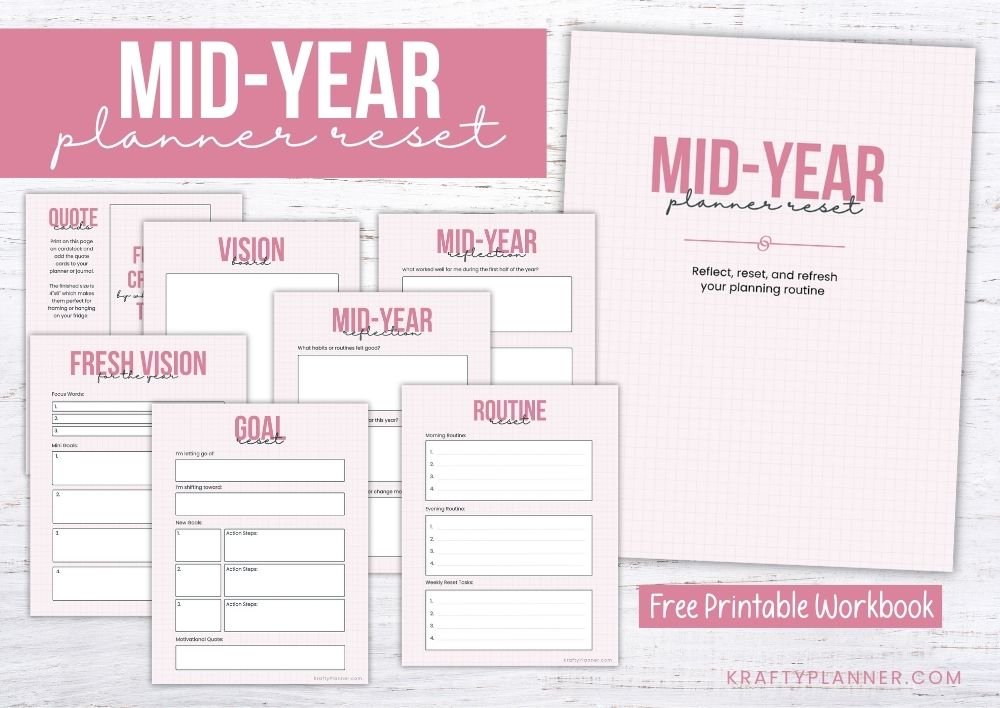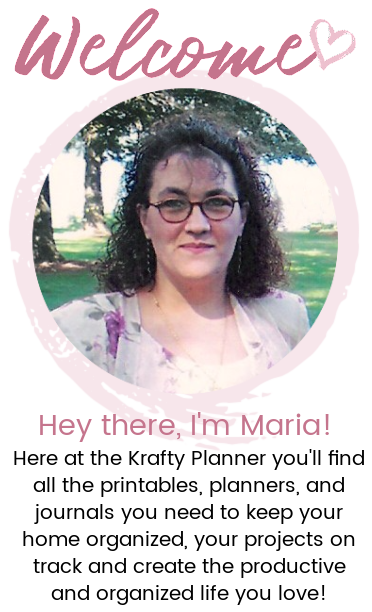The Dos and Don’ts of Waste Removal for Sydney Homes
Whether you're moving into a new house, decluttering, or simply doing a routine clean-up, understanding the dos and don'ts of household waste removal can help you keep your home and the city clean.
Proper waste removal is essential, and professional service providers like Goodbye Junk in Sydney play a crucial role in maintaining cleanliness, promoting health, and ensuring environmental sustainability.
Here's a comprehensive guide for Sydney residents on how to dispose of household waste responsibly and efficiently.
Why Is Proper Household Waste Removal Important?
In a bustling city like Sydney, effective waste management is crucial for both environmental and community health. Improper waste disposal can lead to pollution, harm wildlife, and result in legal consequences for both homeowners and businesses. Understanding how to manage household waste properly will ensure you contribute to a cleaner, greener city, and avoid costly fines.
Dos of Household Waste Removal
1. Sort Your Waste Correctly
Sorting your waste before disposal is one of the most important steps in responsible waste management. Sydney residents should divide waste into recyclables, general waste, and organic waste.
Recyclables include paper, cardboard, glass, and certain plastics. Make sure to check local guidelines to know what can be recycled in your area.
General waste typically includes non-recyclable items such as broken furniture, certain plastics, and general household rubbish.
Organic waste includes food scraps, garden waste, and green waste. Sydney offers green bins for residents to dispose of organic materials.
By sorting your waste, you contribute to recycling efforts, reduce landfill use, and minimise your environmental footprint.
2. Use a Skip Bin for Large Clean-Ups
If you're clearing out a large amount of waste, such as during renovations or after a major decluttering session, hiring a skip bin can be an efficient solution. Skip bins come in a variety of sizes and can hold a large amount of waste, making it easier to remove large quantities of items without having to make multiple trips to the tip.
Skip bin services in Sydney are convenient and cost-effective for major clean-ups, and they ensure that waste is disposed of in an environmentally friendly manner.
3. Follow Council Collection Guidelines
Sydney councils have specific guidelines for waste removal, including scheduled pick-ups and drop-off locations for particular types of waste. Check your local council's website for dates and regulations regarding bulk waste collection, hazardous materials disposal, and Sydney recycling services.
Many councils also offer free or discounted services to help with the disposal of specific household items, such as electronic waste and chemicals. Adhering to these guidelines will ensure that your waste is disposed of correctly and efficiently.
4. Dispose of Hazardous Waste Responsibly
Household hazardous waste, such as chemicals, paints, cleaning products, and batteries, should never be disposed of in regular waste bins. These items can pose significant risks to the environment and public health. Sydney residents can access local hazardous waste collection events or designated disposal centres.
Always look for disposal options for hazardous materials in your area and ensure that you don't mix them with regular waste.
5. Compost Organic Waste
If you have a garden, composting your food scraps and garden waste is an excellent way to reduce waste and enrich your soil. Composting reduces the need for landfills and provides you with nutrient-rich soil for gardening. Many councils in Sydney offer composting bins or workshops to help residents get started.
If you don't have a garden, consider sharing your compost with local community gardens or urban farms.
Don’ts of Household Waste Removal
1. Don’t Mix Recyclables with General Waste
One of the most common mistakes Sydney residents make is mixing recyclables with general waste. This can contaminate recyclable materials, making them unsuitable for processing. For instance, food residue on containers can ruin recyclables like paper or plastic, rendering them unable to be reused.
Always rinse recyclables before placing them in the recycling bin to ensure they're free from contamination. This small step can make a significant difference in the efficiency of Sydney's recycling programs.
2. Don’t Overfill Your Waste Bins
Overfilling your waste bins, especially with heavy items, can lead to littering and make it difficult for waste management trucks to collect your waste. Always follow the guidelines for bin capacity, and if you find your waste accumulating faster than usual, consider ordering an additional bin or using a skip bin service.
If your waste bin is full and you still have more waste to dispose of, it's essential to find an alternative waste disposal method, such as taking it to a waste disposal centre or scheduling a bulk collection.
3. Don’t Throw Away E-Waste with Regular Trash
E-waste, such as old electronics, batteries, and lightbulbs, requires special handling because it contains harmful materials like mercury and lead. Disposing of e-waste with your regular trash can cause environmental damage and pose health risks.
Sydney residents can drop off old electronics, batteries, and other e-waste at dedicated collection points or participate in scheduled e-waste collection days. Many electronic retailers also offer recycling services for old devices.
4. Don’t Dispose of Garden Waste in General Waste Bins
Garden waste, including grass clippings, branches, and leaves, should never go in your regular household waste bin. Many councils in Sydney provide green bins for garden waste, and some even offer free green waste collection services.
For large quantities of garden waste, a skip bin or a green waste drop-off centre can be a great solution. By recycling garden waste, you help reduce the overall waste that ends up in landfills, contributing to a cleaner environment.
5. Don’t Discard Hazardous Materials in the Bin
Hazardous household materials such as cleaning products, paints, and petrol should never be thrown in the trash or poured down the drain. These materials can cause serious damage to the environment, including contamination of water sources.
Sydney's councils typically organise collection events where residents can safely dispose of hazardous materials. You can also check with local hardware stores for specific disposal information.
Tips for Sustainable Waste Management
1. Reduce, Reuse, and Recycle
Practicing the "Reduce, Reuse, and Recycle" philosophy is an excellent way to minimise your waste. By being mindful of your purchasing habits and opting for reusable items, you can reduce the amount of waste produced in your home. Sydney residents are encouraged to participate in recycling programs and composting initiatives to further reduce waste.
2. Stay Informed on Local Waste Disposal Rules
Waste disposal rules can vary between councils, so staying informed about the specific regulations in your area is important. Many councils provide online resources or customer support to help residents understand the best ways to manage their waste.
3. Use Eco-Friendly Products
Opt for eco-friendly cleaning products, biodegradable items, and sustainable packaging to reduce your overall waste. These choices not only reduce your environmental footprint but also contribute to a cleaner and greener Australia.
The Final Word on Waste Removal for Sydney Homes
Proper household waste removal is vital for maintaining a clean, healthy, and sustainable Sydney. By following these simple dos and don'ts, residents can significantly reduce their environmental impact and make a positive contribution to the city's waste management efforts.
Always be mindful of sorting waste, disposing of hazardous materials safely, and using local waste management services. Together, we can keep Australia clean and green for future generations.
BEFORE YOU GO:
Here are a few more posts you might like:
5 Tips for Spring Cleaning Your Kitchen + Free Printable Checklist
What is the Best Time to Declutter Your Home {Free Printable}
See my Link Party Directory for a current list of blog parties I attend each week.
FOR PERSONAL USE ONLY – Please Read Freebies Terms of Use.
(This post may contain affiliate links. For more information, see my disclosures here.)
~ SHARE THIS POST ~
Did you like this post? Do you know someone else who might enjoy it? Please take a minute to share it on Pinterest, Facebook, or your favorite social media… Thank you!




















